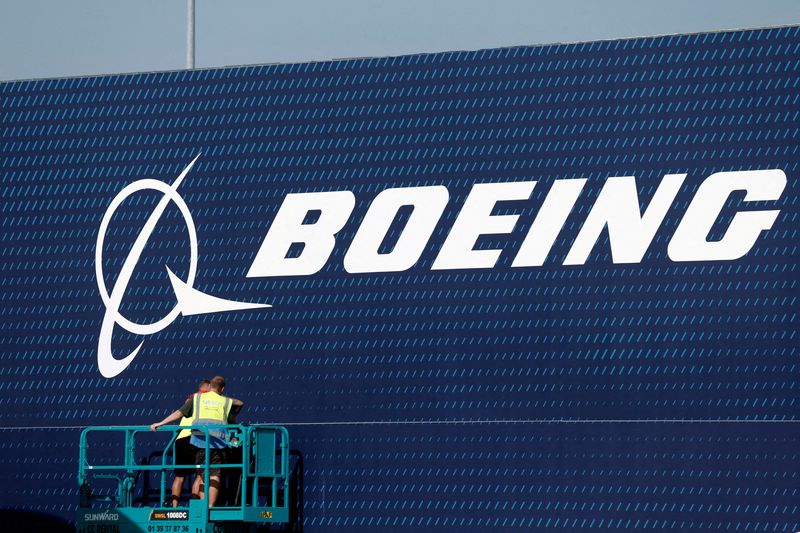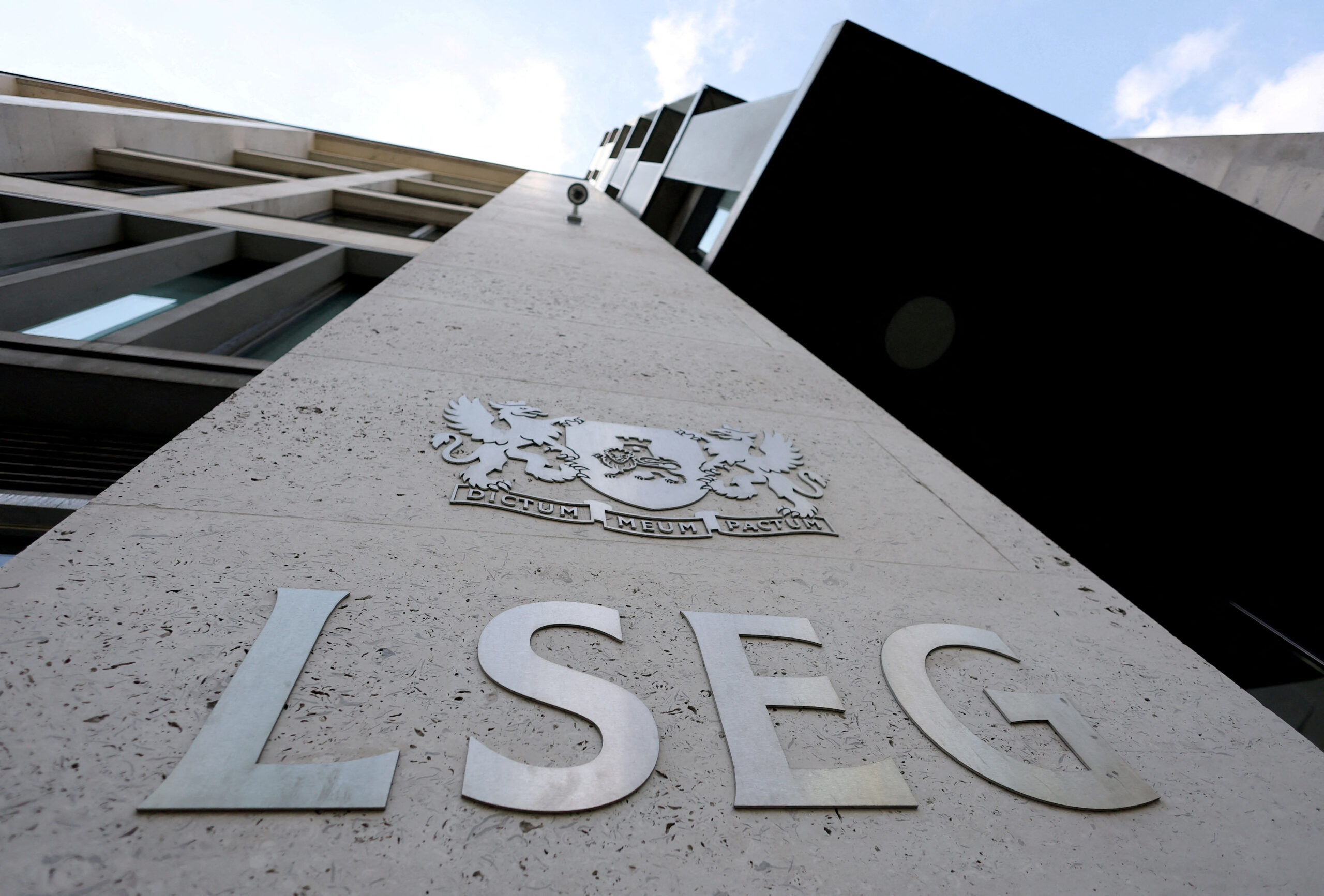Boeing Begins Early Work on 737 MAX Replacement, WSJ Report
Boeing is in the preliminary stages of developing a new single-aisle aircraft that would eventually replace its 737 MAX, the Wall Street Journal reported.
The project is still in early planning, with no final decisions made yet, and aims to compete with Airbus’s dominance in narrow-body jets.
Among early work are discussions with Rolls-Royce on new engine designs and designing a revamped flight deck. Boeing also continues to prioritize delivering its backlogged order book and certifying existing models.
Earlier this year, Boeing’s CEO Kelly Ortberg met with officials from Rolls-Royce in the UK to explore partnerships for engines that are more fuel efficient.
The engine design discussions highlight Boeing’s push toward cleaner, more advanced propulsion systems, signaling a shift in its traditional reliance on older engine partners.
The plan is part of a longer-term strategy, and many technical, regulatory, and financial details are still being evaluated.
The replacement project also includes early design work on the flight deck of the prospective aircraft.
While details are sparse, the work suggests Boeing is considering modern cockpit innovations in both layout and technology, potentially leveraging advancements from its other R&D initiatives.
However, Boeing sources warn that flight deck design is less urgent than resolving production and certification challenges with current models.
Boeing’s recovery plan remains on track amid these developments, including delivering roughly 6,000 backlogged commercial airplanes and certifying previously announced models.
Despite the pressure from past safety incidents and regulatory scrutiny—especially related to the 737 MAX crashes and grounding—Boeing appears committed to restoring trust and operational stability before fully committing to a new aircraft program.
Analysts say replacing the 737 MAX would likely take over a decade and require tens of billions of dollars in investment. Boeing faces competition from Airbus’s A320neo family, which has gained recent market share.
Success will depend on navigating regulatory approval, ensuring sustainability goals, and convincing airlines that switching to a brand-new jet will deliver value without risking disruption to existing fleets.
Source: Reuters.
news via inbox
Get the latest updates delivered straight to your inbox. Subscribe now!




